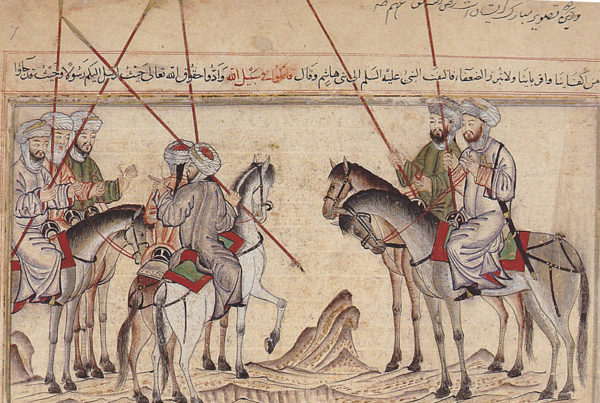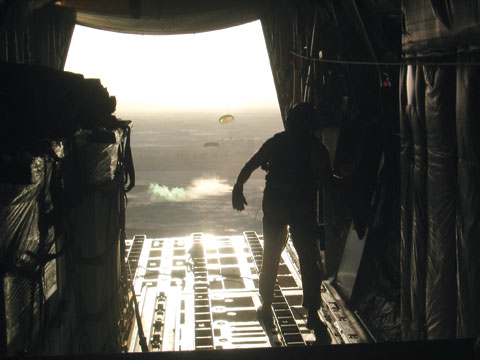“I feel a personal responsibility for each and every one of you…I feel the sacrifice and hardship and losses more than you’ll ever imagine.”
– Robert Gates, addressing US troops in Afghanistan, December 2010
The reluctant retainer called back to serve once more. He is ever loyal to a fault, puts duty above all personal concerns, and has boundless love for both country and compatriots. That’s the role Gates cast for himself in Duty: Memoirs of a Secretary at War. He is Cincinnatus called to the Defense Department, or more specifically the Pentagon, to save it from itself. His is the role of the Washington outsider, a pragmatic truth-teller unencumbered by ambition for higher office.
Having served as Deputy Assistant to the President for National Security Affairs, Assistant to the President and Deputy National Security Adviser both under George H. W. Bush, and the Director of the CIA, Gates’ claims of being a Washington outsider ring somewhat hollow.
His writing style is simple. At times it’s stilted to the point of being stifling. There’s little personality that the reader can grasp at first. By the end of the tome, the hardcover is 640 pages of large print, there is very little grime and grit. Gates doesn’t give the reader much in the way of raw humanity, both from his own inner turmoil, or perceptions of others. However his sections that deal with American military personnel, especially the procurement battle for the MRAP (mine-resistant, ambush-protected vehicle), genuine feeling shines through.
On page 125 “A journalist passed along to me the story of a colonel watching a live video IED attack and praying out loud, “Please, just save one of my guys.” And then watched, astonished, as all three men inside emerged injured but alive. They had been in an MRAP.”
He vacillates between aggrieved party, and respectful subordinate. On page 322 Gates remarked:
“for the first several months under Obama, it took a lot of discipline to sit quietly at the table as everyone from the president on down took shots at Bush and his team… During the excoriations, there was never any acknowledgment that I had been an integral part of that earlier team.”
However on the next page, 323, Gates states:
“no president has the luxury of focusing on just a few issues, but it is hard to think of a president who entered office facing more challenges of historic magnitude than Obama… Among them the Iranian nuclear program and the related growing possibility of new Middle East war; a nuclear armed North Korea; a European economic crisis; increasingly nationalistic policies in both Russia and China; and Pakistan in possession of dozens of nuclear weapons and growing more dysfunctional by the day.”
Gates suffers from a bit of a tunnel vision, and at times fails to grasp the larger, messier picture. Domestic political realities are unnecessary nuisances. Those who are against the Afghanistan surge are wrong on their face. The Obama Administration micromanages from a top down approach, but his attempts to bypass the various sub-department heads in Defense were a necessity.
While Gates takes a few shots at some high profile leaders, Vice President Joe Biden in particular, they’re benign in terms of vitriol. Readers looking for a gossip style tell-all will be sorely disappointed. Gates most visible ire is directed toward the bureaucratic machine itself, in particular the Pentagon, and the Department of the Defense.
What is clear from the book is that Gates has a lot of respect for the men and women in the American military. “There is a parallel theme to my four and half years at war: love. By that I mean the love—there is no other word for it—I came to feel for the troops, and the overwhelming sense of personal responsibility I developed for them.” His recollections of commissioning ceremonies at Texas A&M, where he served as President, to his bureaucratic battles to get proper protective equipment to troops in the field all steam from his paternalistic affection.
The most revealing sections of Duty touch on the delicate nature of perception within high levels of power in Washington, specifically the chapter Transition, Gates’ becoming President Obama’s Secretary of Defense. Readers interested in the nature of bureaucratic politics within the Department of Defense, and the cumbersome, and highly political nature of equipment procurement will find Duty informative.
However like most high profile, political memoirs, Duty is more apologia than personal account.








